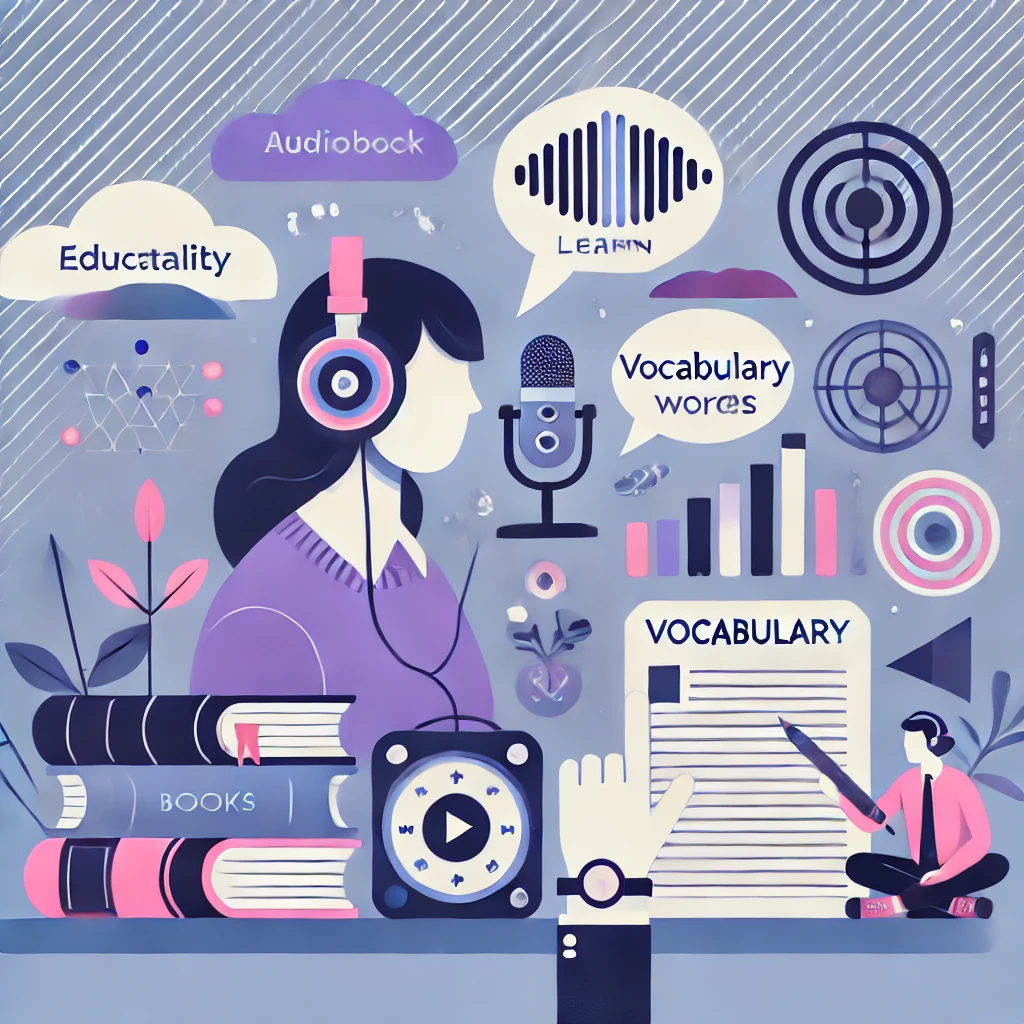Introduction
Audiobooks have emerged as a powerful tool for learners of all ages, bringing a flexible and accessible approach to consuming information. While traditionally associated with entertainment, audiobooks offer numerous benefits that actively enhance the learning experience. Let’s explore how audiobooks can improve your learning in meaningful ways.
1. Enhanced Comprehension and Retention
Listening to information engages our brains differently than reading text, leading to unique cognitive benefits. Audiobooks can help listeners absorb and retain information effectively, especially when combined with visual aids like reading along. Studies have shown that auditory learning can enhance comprehension, as listening activates mental imagery and emotional processing, which helps with understanding complex concepts and stories on a deeper level.
2. Multitasking and Accessibility
Audiobooks provide the freedom to learn while performing other tasks. For busy students or professionals, they offer a way to study while commuting, exercising, or cooking. This flexibility can lead to increased exposure to educational material without requiring dedicated screen time, making audiobooks an accessible learning tool for those with packed schedules.
3. Improving Focus and Attention Span
Listening to audiobooks requires active listening, which can help improve focus and attention span over time. As listeners follow a narrator’s pace, they must maintain focus to keep up with the information, which can gradually train their ability to concentrate better. This skill is especially useful for individuals who may find their attention wandering when reading traditional text.
4. Building Vocabulary and Pronunciation Skills
For language learners, audiobooks are an invaluable resource. They expose listeners to proper pronunciation, accents, and new vocabulary, enhancing linguistic skills that are harder to acquire through reading alone. Audiobooks can also provide context for words and phrases, which can improve understanding and retention. Whether you’re learning a new language or expanding your vocabulary in your native tongue, audiobooks offer a rich audio learning experience.
5. Reducing Eye Strain and Screen Fatigue
In our screen-heavy world, audiobooks give learners a break from digital devices, reducing eye strain and screen fatigue. With audiobooks, learners can still absorb information and study without spending prolonged periods staring at a screen, which can improve overall well-being and make learning a more enjoyable experience.
6. Encouraging Consistency in Learning
The convenience of audiobooks makes it easier to develop a consistent learning routine. Having educational material readily available for listening increases the likelihood of frequent exposure, reinforcing learning. This “learning on-the-go” model supports spaced repetition, which is a key technique for retaining information over the long term.
Final Thoughts
Audiobooks provide a modern, flexible approach to learning, fitting seamlessly into busy lifestyles while delivering educational content in a way that is engaging and accessible. By improving comprehension, vocabulary, and focus, audiobooks have become an invaluable resource for anyone looking to enrich their learning experience. Whether you’re a student, professional, or lifelong learner, audiobooks can be a powerful ally in achieving your educational goals.
For those looking to incorporate audiobooks into their learning routine, platforms like Audible, Google Podcasts, and BuCAudio offer extensive selections to get started. So why not give it a try? With audiobooks, learning has never been easier or more accessible.

